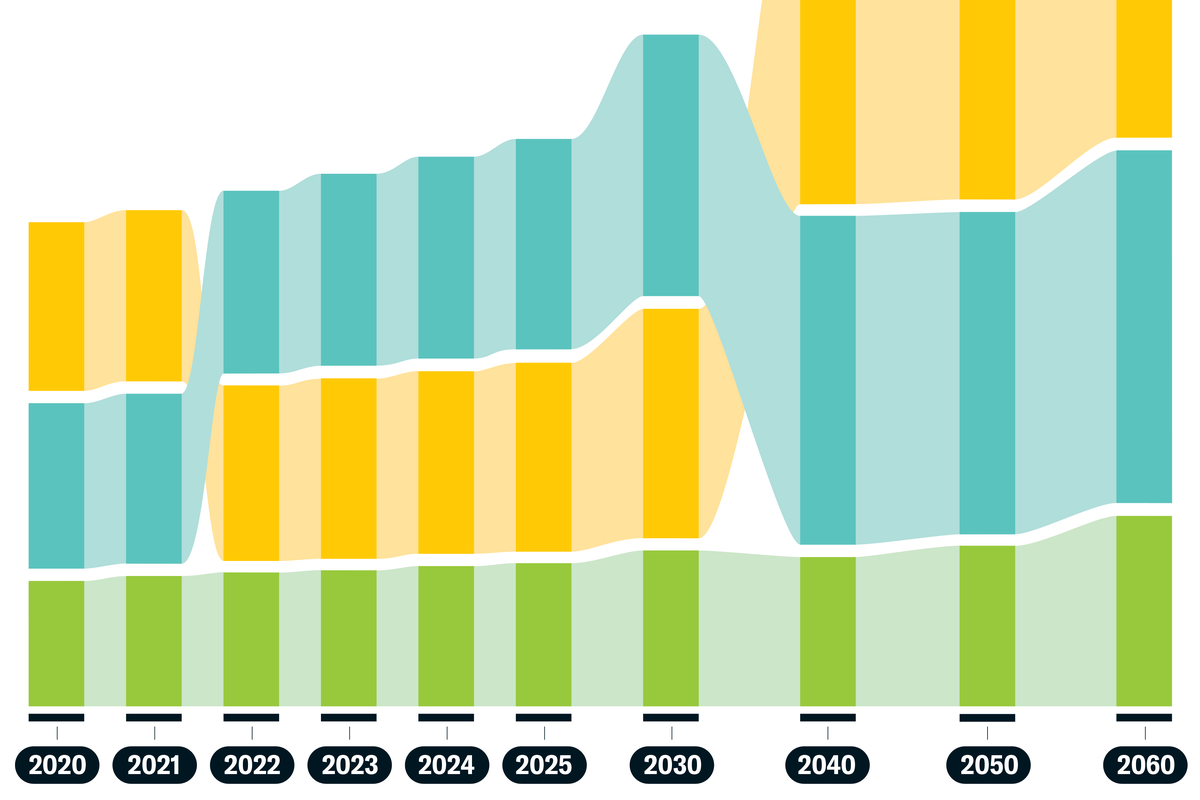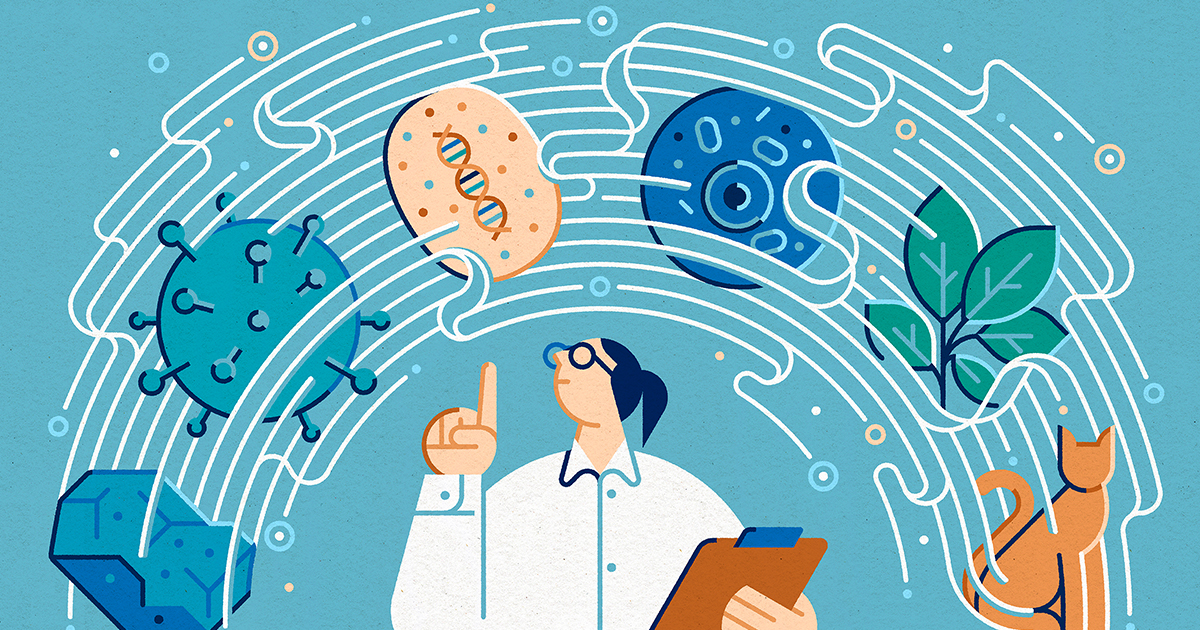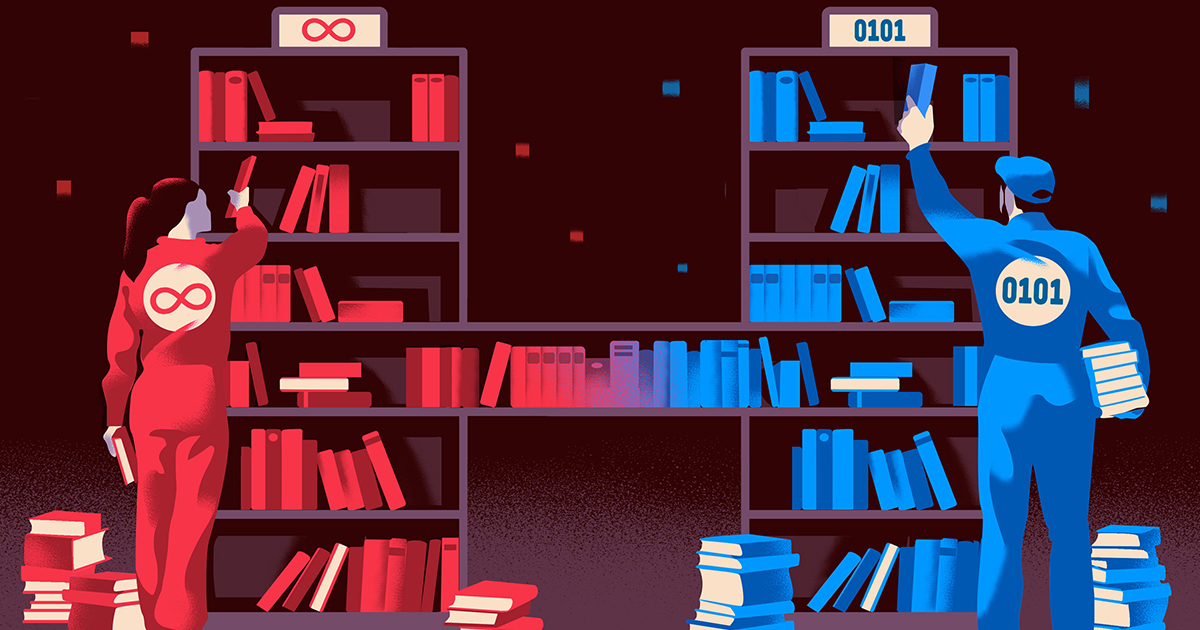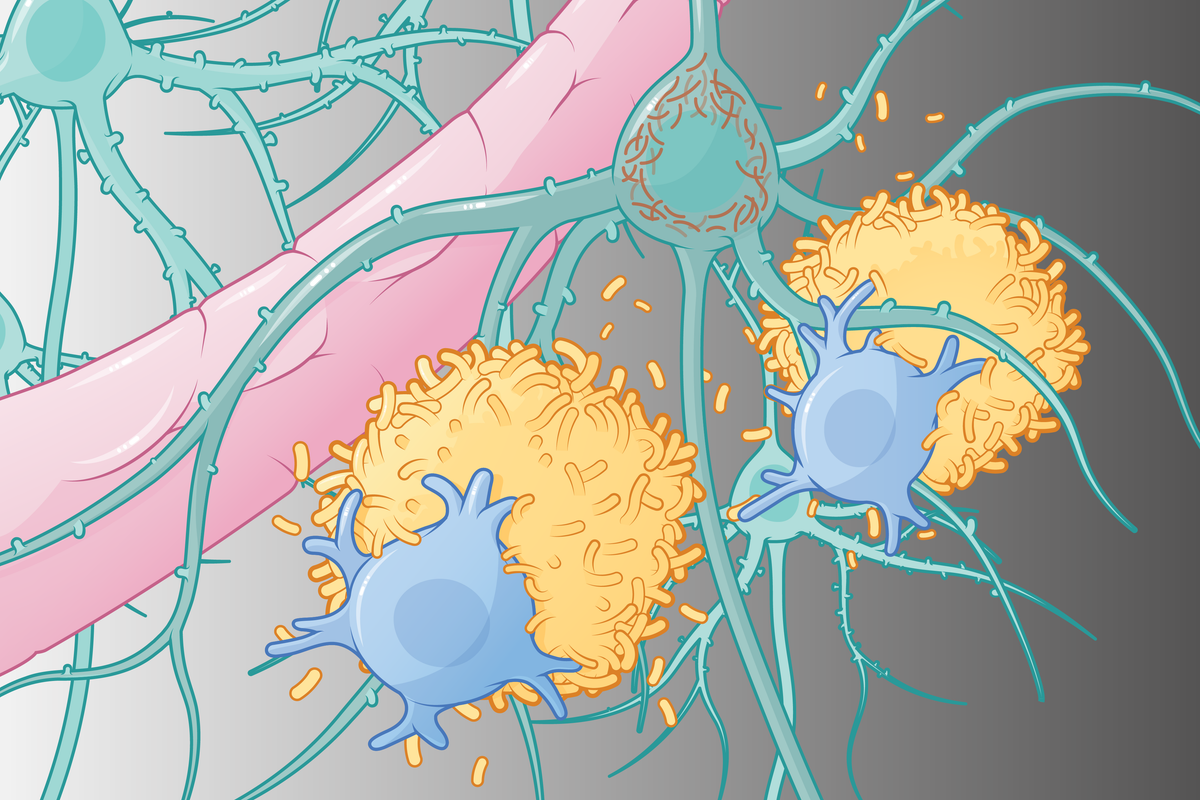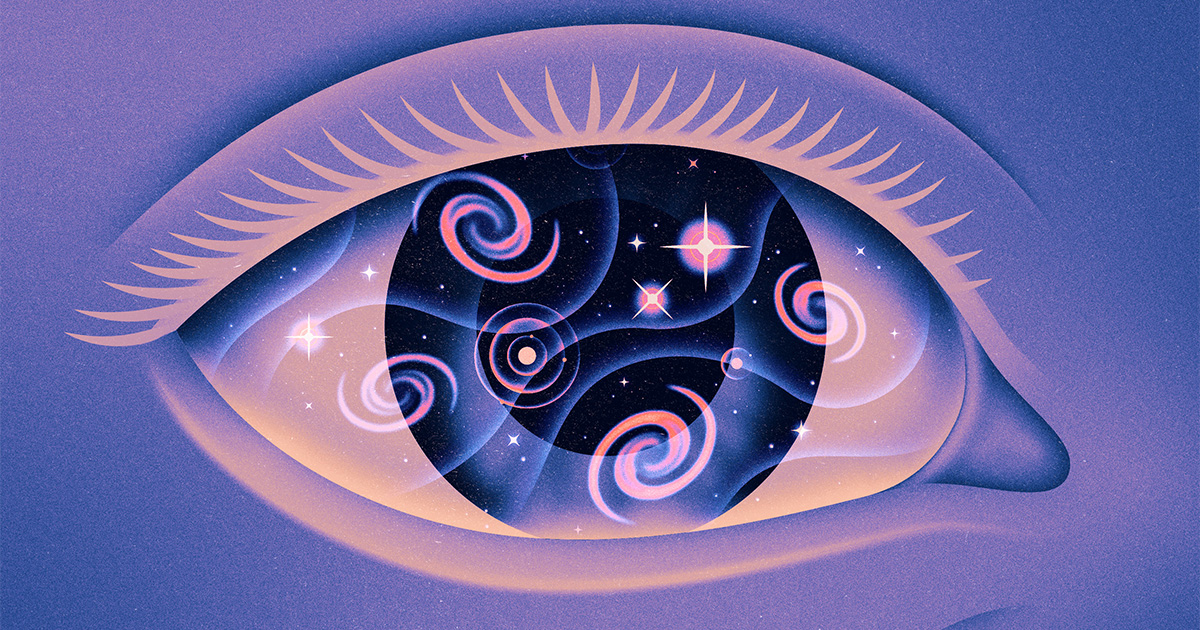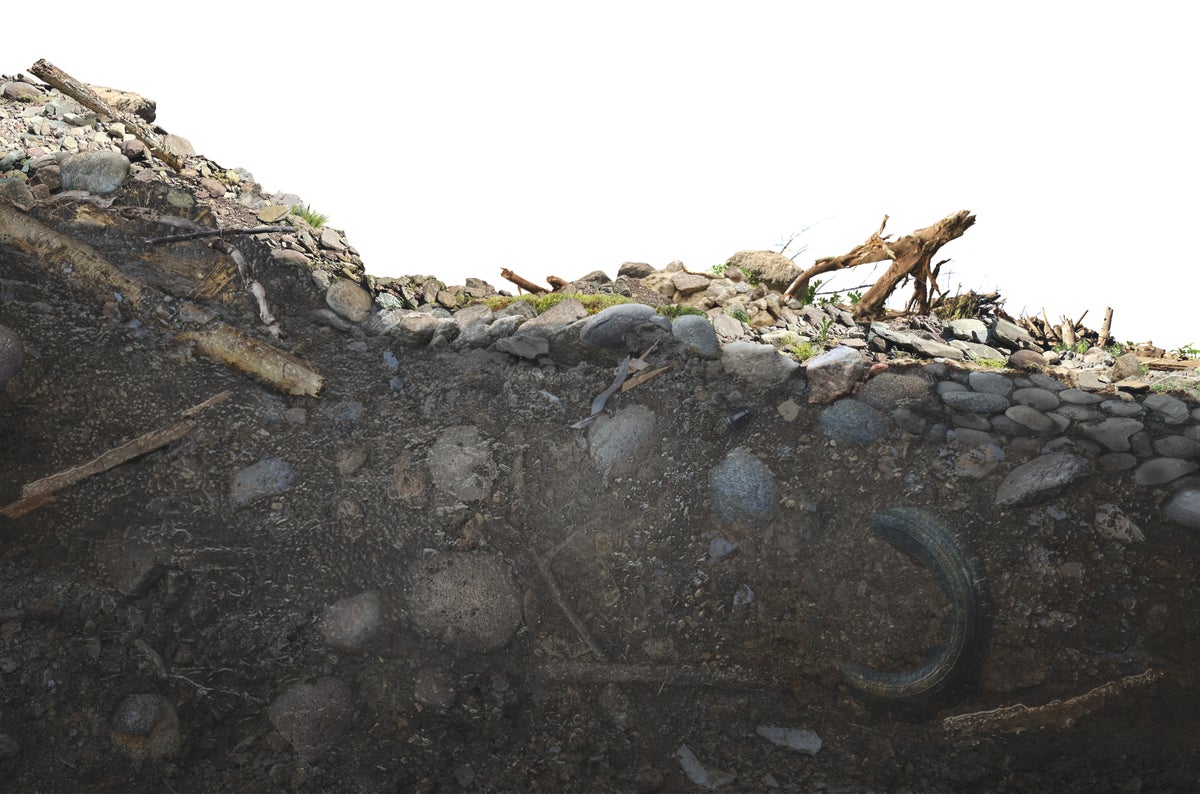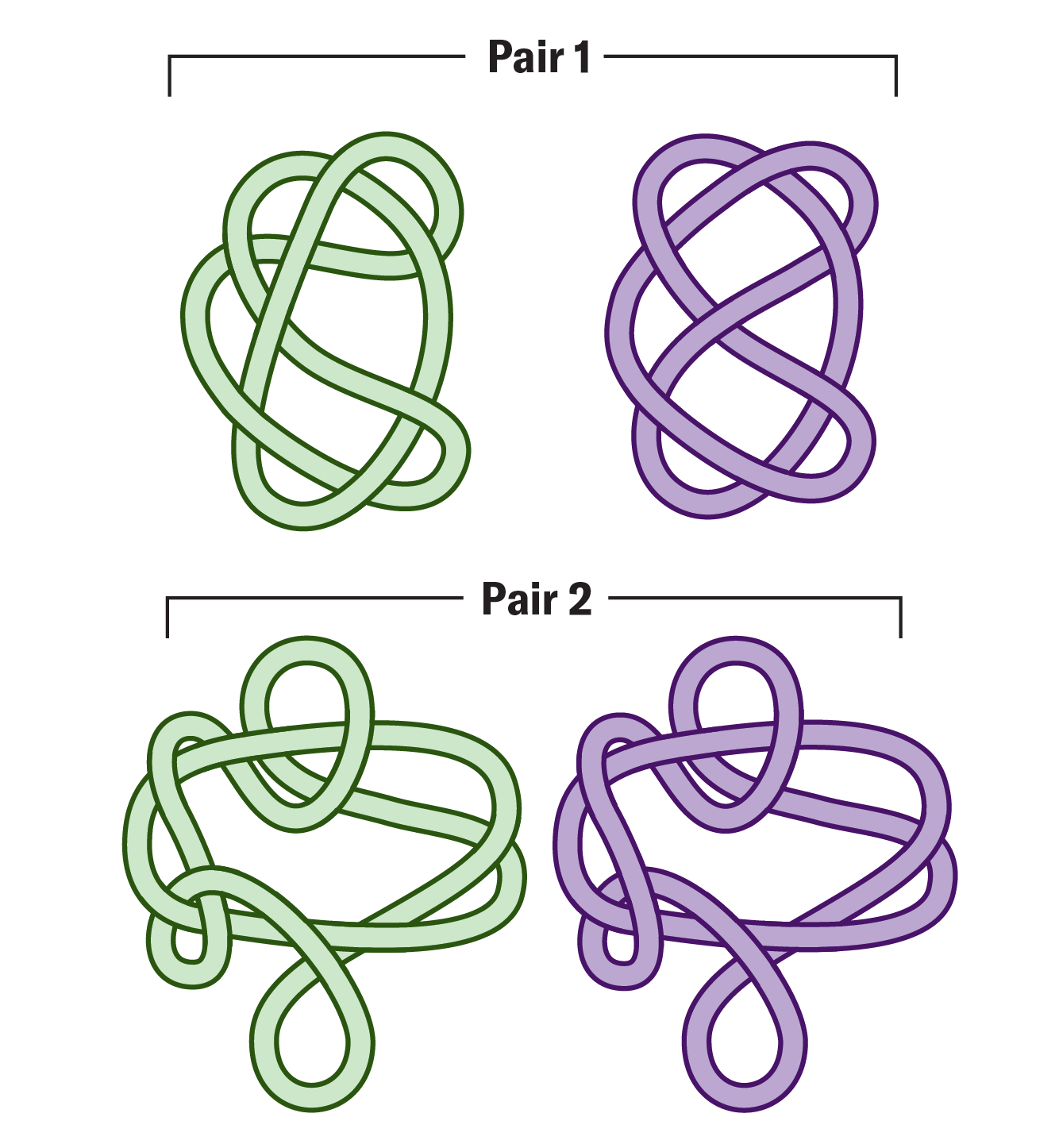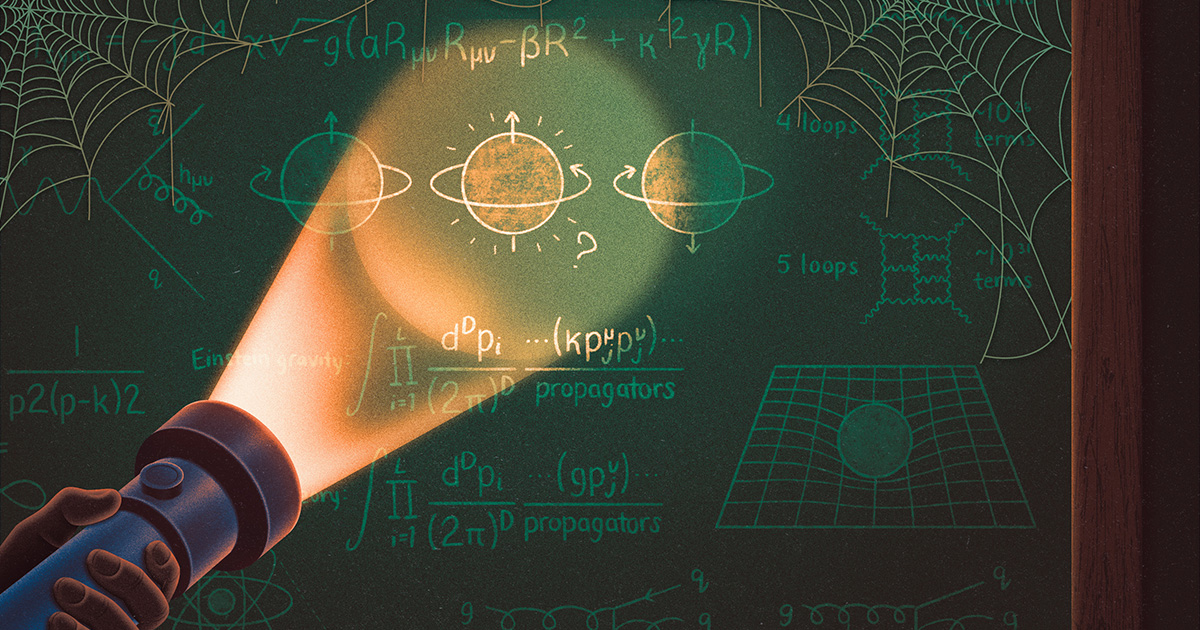This article is part of “Innovations In: Alzheimer’s Disease” an editorially independent special report that was produced with financial support from Eisai. The first hints that Gregory Nelson might be having cognitive troubles were subtle. So subtle, in fact, that his doctor assured him nothing was wrong. “Everyone who hits a certain age just misses… Continue reading A Simple Blood Test Could Spot Alzheimer’s Early—But It’s Complicated
Category: Quantum Stuff
Bird Migration Is One of Nature’s Greatest Spectacles. Paleontologists Just Found Clues to Its Origin
Golden autumn sunlight glints through the sedges and shrubs of the tundra in northern Alaska. Winter is approaching, and soon the region will be buried under snow and ice. For the past three months the chatter of the Arctic Tern colony has served as the soundtrack of the summer breeding season. But now, with daylight… Continue reading Bird Migration Is One of Nature’s Greatest Spectacles. Paleontologists Just Found Clues to Its Origin
How to Solve the Looming Dementia Care Crisis
This article is part of “Innovations In: Alzheimer’s Disease” an editorially independent special report that was produced with financial support from Eisai. The rate of Alzheimer’s diagnosis has declined steadily in recent decades, but as baby boomers age, the number of new cases continues to rise. The top risk factor for dementia is age, and… Continue reading How to Solve the Looming Dementia Care Crisis
A Cell So Minimal That It Challenges Definitions of Life
“The diversity of archaea and bacteria that appear to belong to these supergroups of parasitic organisms is very, very large,” she said. For bacteria, it may be between 25% and 50% of the group’s total share of species, she suggested. The discovery pushes the boundaries of our knowledge of just how small and simple cellular… Continue reading A Cell So Minimal That It Challenges Definitions of Life
A New Bridge Links the Strange Math of Infinity to Computer Science
Soon, you’ll have made it almost completely around the circle — meaning that you’ve assigned a color to all the nodes in your graph except for the ones that fall in a small, leftover segment. Say the last arc you colored was yellow. How do you color this final, smaller segment? You can’t use blue,… Continue reading A New Bridge Links the Strange Math of Infinity to Computer Science
See How Alzheimer’s Disease Works—And How the Newest Treatments Fight It
This article is part of “Innovations In: Alzheimer’s Disease” an editorially independent special report that was produced with financial support from Eisai. Alzheimer’s disease has proved to be a tricky target, and researchers and drug developers have been pursuing effective treatments for decades. Debates rage over the disorder’s underlying causes, and various approaches have faced… Continue reading See How Alzheimer’s Disease Works—And How the Newest Treatments Fight It
Cosmic Paradox Reveals the Awful Consequence of an Observer-Free Universe
A simple system, like a computer bit that can be either zero or one, might have two dimensions. Most quantum systems are much more complex. Take a single hydrogen atom. Its electron can reach higher and higher orbits as you give it more energy. In this case, the number of possible states is unlimited, and… Continue reading Cosmic Paradox Reveals the Awful Consequence of an Observer-Free Universe
Global Landslide Risk Rises as the Planet Warms
The landslide behind my neighbor’s backyard doesn’t exist—not according to the New York State landslide map or Greene County’s hazard-mitigation plan or the federal inventory managed by the U.S. Geological Survey. But when you’re standing in the middle of the debris field, the violence of the event is still evident 14 years after it occurred.… Continue reading Global Landslide Risk Rises as the Planet Warms
Math Puzzle: Find the Unknot
One string in each of the following pairs can be unraveled into a circle—the so-called unknot. Which one is it? Show puzzle solution The knots at the top left and the bottom right can be unraveled into circles: Challenge problem: The other two knots, which can’t be completely unraveled, can each be made to look… Continue reading Math Puzzle: Find the Unknot
Old ‘Ghost’ Theory of Quantum Gravity Makes a Comeback
The force we experience most intimately remains the most mysterious. Physicists understand how vast migrations of particles called photons light up our homes, and how swarms of “gluon” particles hold together the cores of our atoms. But they can’t say what gravity particles, if any, delight us as babies by enabling our spoons to plummet… Continue reading Old ‘Ghost’ Theory of Quantum Gravity Makes a Comeback


